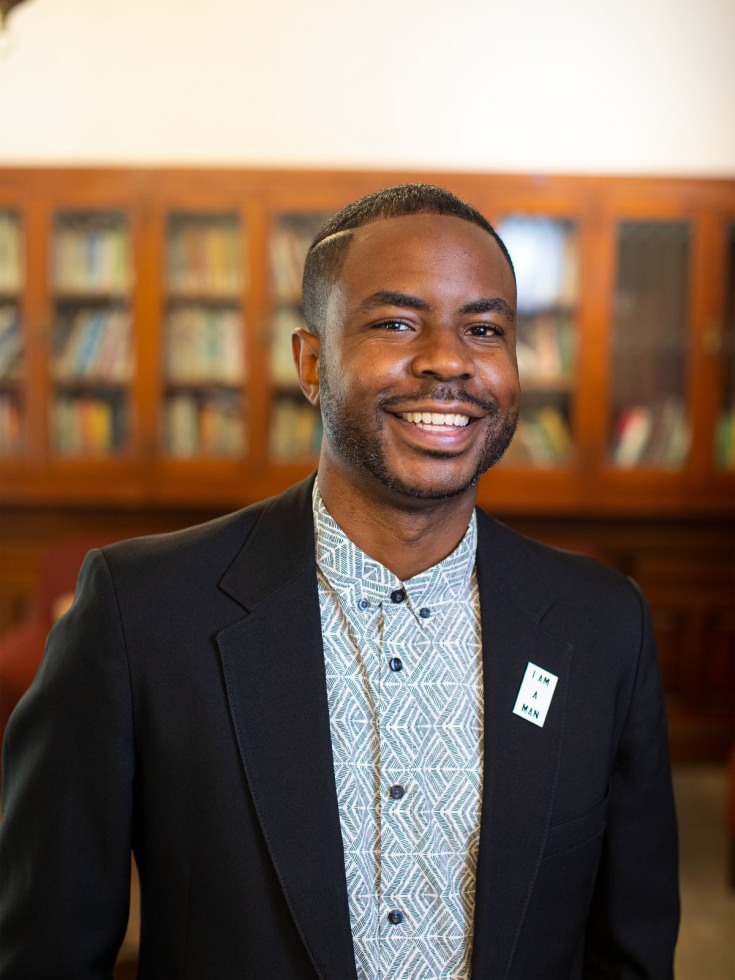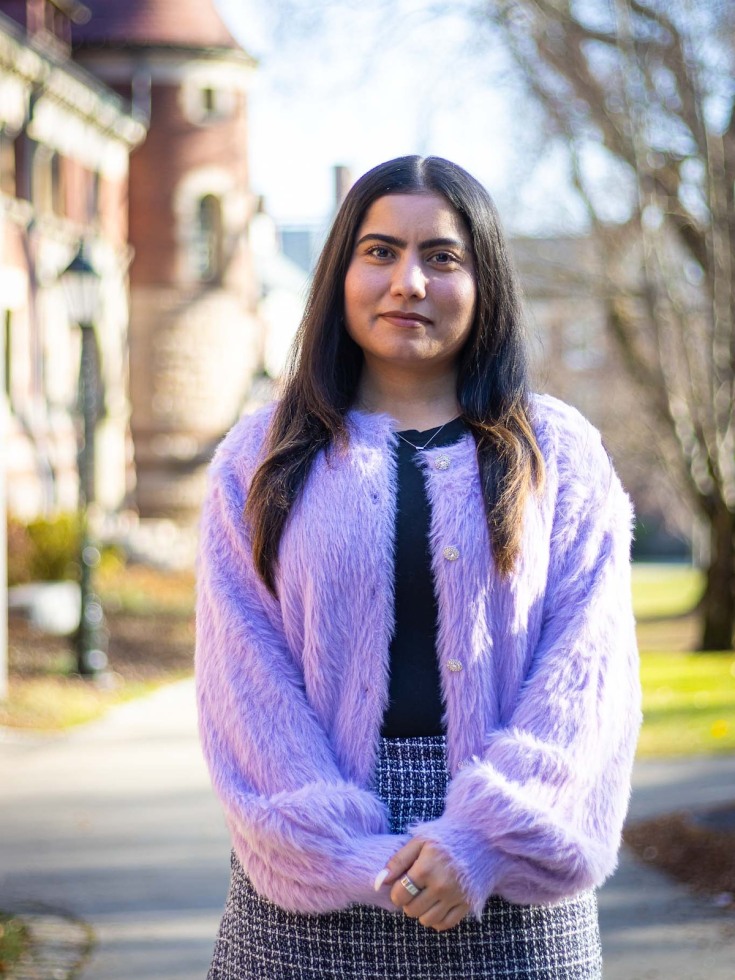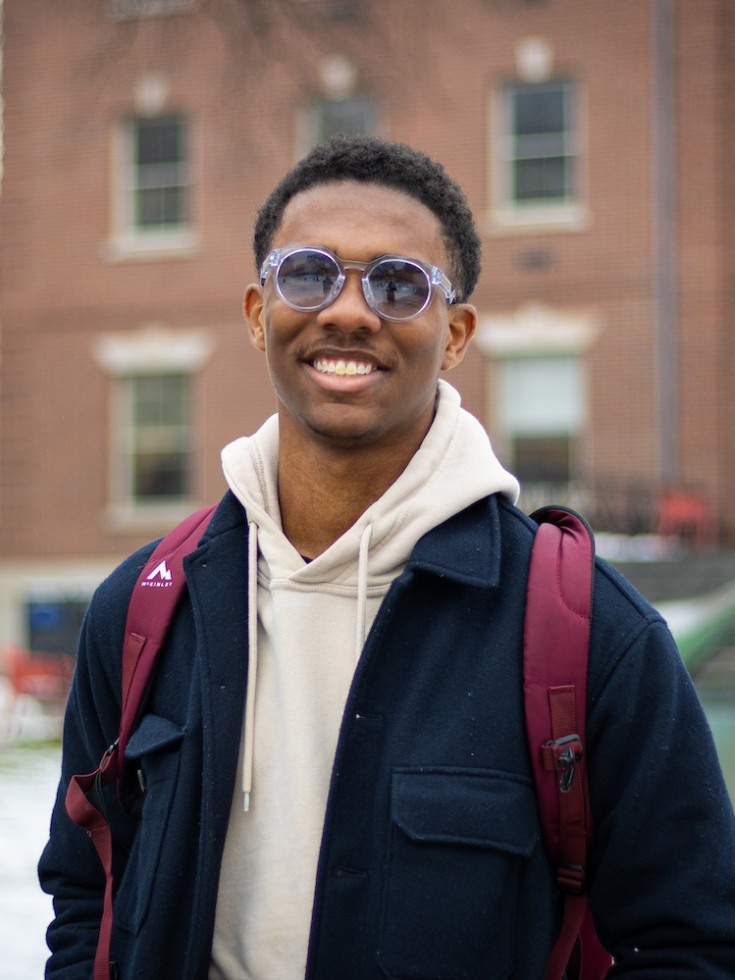Brown’s community is united by its core values: cultivating an environment that supports free inquiry, committing to continuous reflection and growth, and seeking to elevate voices across campus through a culture of questioning and active participation. While our commitment to diversity is highlighted in our Building on Distinction strategic plan, Brown has always recognized that diversity strengthens every aspect of our institution, from the residential and extracurricular experience to the world-class research opportunities and the Open Curriculum. We continue to see this commitment as a core part of our future as a leading center for academic excellence.
Diversity at Brown
Brown students bring an incredible array of perspectives to campus, embodying identities and ideas from across the country and around the world.
Diversity at Brown
Brown students bring an incredible array of perspectives to campus, embodying identities and ideas from across the country and around the world.
15%
of undergraduates are the first generation in their family to go to college
18%
of undergraduates are from historically underrepresented groups
49%
of the Class of 2029 received need-based financial aid
100%
of demonstrated financial need is met with grants and scholarships (money that does not need to be paid back)
0%
of demonstrated financial need is met with loans
Community Voices
The Brown Center for Students of Color (BCSC) plays an essential role in ensuring our students do not feel like they are the “only one.” At the BCSC, we purposefully create experiences where students from various backgrounds can build a community that increases their sense of belonging at Brown while nurturing and shaping spaces for students of color to honor, interrogate, and cultivate their own identities. The dedicated professional team of the BCSC provides engaged experiences that allow students to do the intentional and sometimes messy work of self-actualization.

What I love most about Brown is its unwavering emphasis on curiosity and its commitment to celebrating and honoring diversity across its campus, academic departments, and wide array of concentrations. Brown fosters an environment where engaging in meaningful—and challenging—dialogues is not only encouraged but deeply valued. I appreciate that the university provides intentional spaces for these conversations, whether through student clubs, support groups, classroom discussions, guest lectures, or campus-wide events. This inclusive and dynamic culture has made my experience at Brown truly enriching.

As an international student, I felt welcomed the moment I stepped onto campus. Brown does an excellent job of helping their international students to acclimate to living in the US. through the International Mentoring Program (IMP). There is a wealth of resources available for advice and answering any questions I have. The international student community is amazing, and I've enjoyed meeting people from so many different backgrounds.
More than anything, I love the collaborative and supportive environment at Brown. Everyone talks about it, but it really is so unique and refreshing. Everyone, from your classmates, to your professors, to your advisors, is extremely invested in your success. There's nothing wrong with not knowing here, and everyone learns from everyone. It's great to be in a place that values everyone's individual knowledge and experience.
